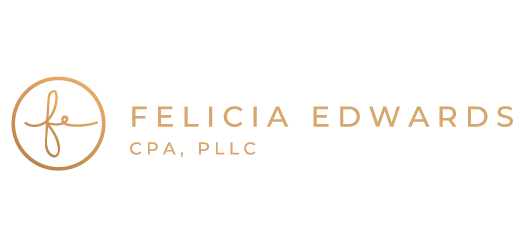3 Simple Ways To Keep Your Company From Being Audited By The IRS
If you're like most small businesses, you don't look forward to the day when you have to send your taxes off to be audited by the Internal Revenue Service. After all, an IRS audit isn't something anyone wants on their resume. And the last thing you probably want is to find out that there was something else you could have done to prevent that audit from encroaching upon your happiness. But before you can avoid an audit, you first need to understand what causes them in the first place. After all, it seems like there are new rules and regulations popping up from the agency every few months.
File your taxes on time
The best way to avoid an IRS audit is filing your taxes on time. Generally, the IRS has up to three years from the date the return was due, including extensions, to conduct an audit. If you file and pay late, this increases the chances of being audited. Keep in mind that audits are not necessarily a bad thing — they may result in a refund or no change at all. However, it is usually best to avoid an audit in order to save time and money.
Understand that all documents are not created equally
Be very careful with expense reports. Preparing expense reports properly is one of the first things small business owners learn when they start their business. But many don't realize that an expense report should be kept on file as long as the checkbook itself. Expense reports are one of the first documents the IRS will look at during an audit, making them a prime target. If you use QuickBooks or other accounting software, don't wait until the end of the year to reconcile accounts; do it every month so you can cross-reference credit card statements and bank statements with receipts and expense reports. This will help you quickly spot any issues or errors when you review reports monthly rather than once per year.
Communicate Effectively
Audits are often the result of a simple misunderstanding between the IRS and your company. The best way to avoid an audit is to make sure that your company provides the IRS with complete and accurate information every time you file taxes. The more transparent you are with the IRS, the less likely it is that they will have questions or concerns about your records. In other words, it comes down to trust. You don’t have to like the IRS, but when communicating with them, it’s important to be scrupulously honest and fair-minded in all things because they have the authority to dig into any aspect of your company’s financial records.
Luckily, there are some pretty straightforward ways to make sure you're not one of the companies who has to deal with an audit every year. If you want to avoid being audited by the IRS, investing in Assurance services with Felicia Edwards is a great place to start. When you get right down to it, it's much easier (and less expensive) to prevent an audit than it is to find yourself in hot water with the agency once the time comes around. Contact Felicia today to see how she can help you protect and prepare your company.


